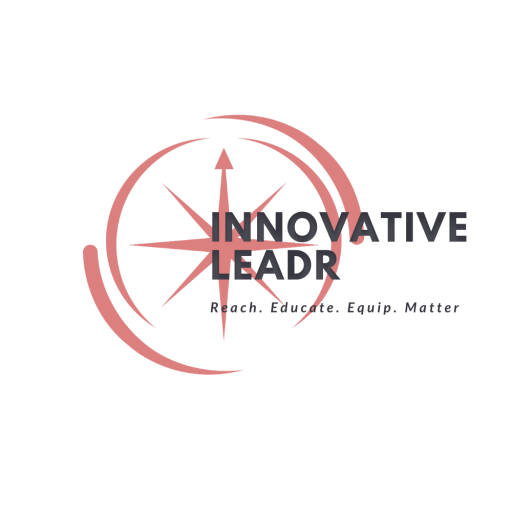Effective PLCs for schools, teachers and educators
No teacher enters the field without the best intentions to serve students, grow them, and help them to be successful. The demands on teachers in the classroom today are far different than they used to be, so being able to rely on one’s team is more important than ever. Professional Learning Communities, or PLCs, can change the culture in a school and lead to both student and teacher growth. How?
Effective PLCs can…
- Make all of us better through the sharing of practices & shared accountability
- Ease the work load for everyone
- Share the expertise of all teachers when problem solving for students
- Change school culture
How do you get your school there?
#1 – Make it possible and show up! When leaders create the structure for teams to meet collaboratively on a regular basis, it sets the tone that this is a priority. When leaders attend and contribute in those PLCs, teachers feel that the work they do during that time is valued. Hold teachers accountable for showing up and being part of the work.
#2 – Create common mission, commitments/norms, & goals! In order for any group’s work to be effective, we all need to be “rowing” in the same direction. Agree on the common purpose for the group’s work, what goals we want to achieve together, and what we will all commit to in order to make it happen.
#3 – Use an agenda to keep “the main thing, the main thing”! It doesn’t have to be beautiful and full of “educationese” but just needs to keep the work and conversations on track. Document time to share celebrations, talk about data, create action plans around the data, problem solve around students, etc. This is not the time to spend 30 min. talking about the next field trip or what theme we want on the bulletin board in the hall. Discussions can follow these 5 simple questions (credit to DuFour, DuFour, Eaker, & Many; Iredell-Statesville Schools, NC):
- What do students need to learn? (focus on standards)
- How will they learn it? (focus on strategies & common planning)
- How will we know if they’ve learned it? (focus on formative assessment)
- What will we do if they don’t learn it? (focus on intervention)
- What will we do if they already know it? (focus on challenge and enrichment)
#4 – Don’t give up when you hit bumps in the road! And they will come. Lots of them. Every team will have a different personality. Leaders will emerge and so will those who want to go against the grain. Struggle creates forward movement. Address it, embrace it, and watch it grow your teams.
I was that resistant teacher who really didn’t see the need for PLCs. I didn’t trust that my colleagues had anything worth sharing that I hadn’t already tried. You know what? I was so wrong. Becoming a part of an effective PLC team caused more growth in me than I ever imagined. And what happened next? You guessed it! My students grew too! Suddenly I wasn’t alone in the hard work anymore. I had others carrying the load with me. Effective PLC teams are worth working for. Your kids deserve it!
